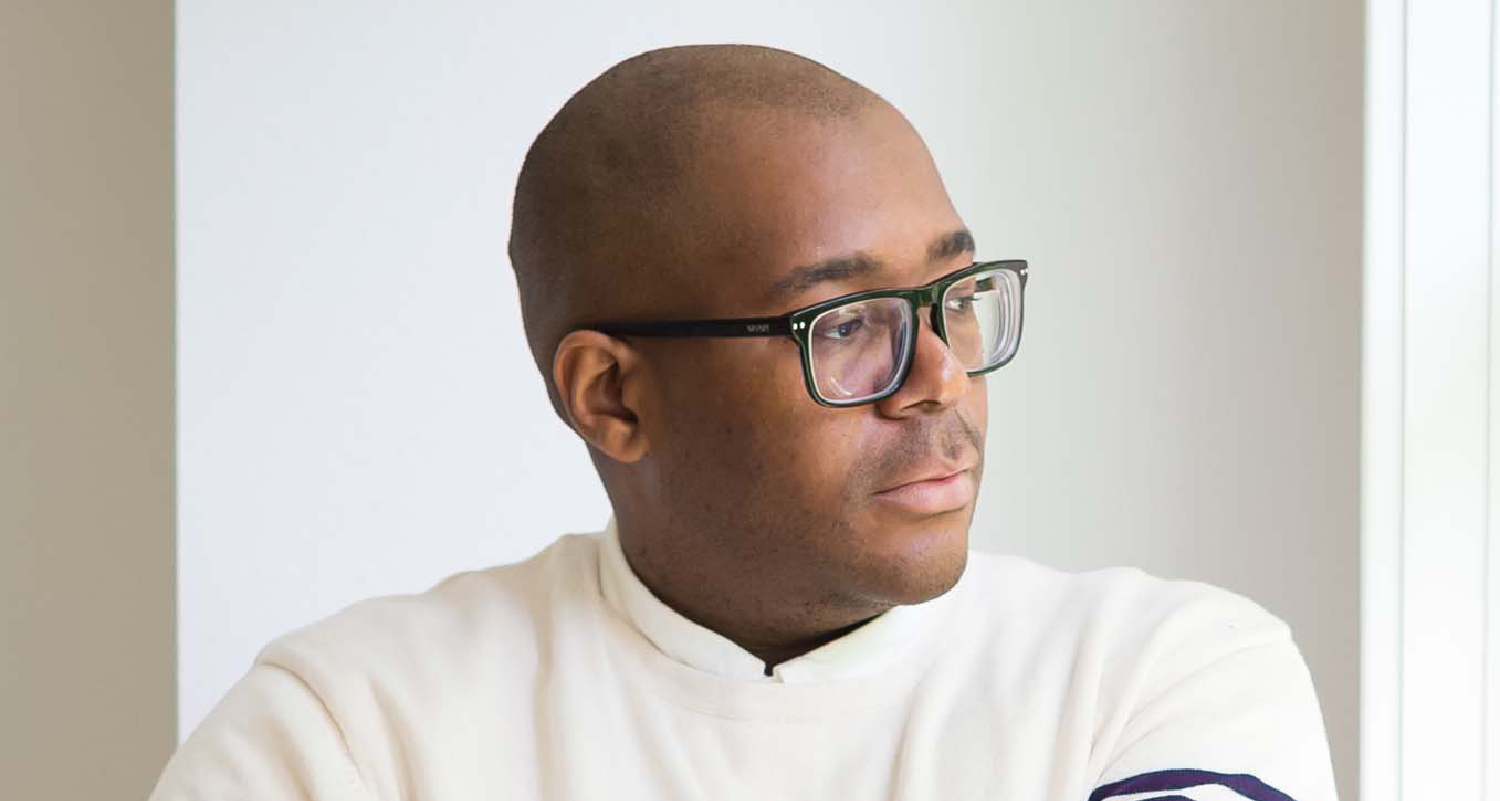Author Brandon Taylor on novel Real Life and writing about the lives of ‘black, gay, southern men’
Excl: Author on how he sought to break free from black stereotypes in literature in his Booker Prize-nominated debut

(Interview by Otamere Guobadia; photography: Bill Adams)
Brandon Taylor is a master of quiet intimacies — of their transactions and their economies, of what lies beneath the words chosen and the gestures traded. He understands our barbed words masqueraded as love, and the love felt, obscured by our barbed words. His debut novel, Real Life, is undeniable evidence of such. Released in February to critical adoration, and most recently a Booker Prize nomination, Real Life follows Wallace, a gay, black, grad student (perhaps the first protagonist of his kind) in a gorgeous, quotidian, campus-set exploration of queerness, boundaries, race, and connection.
Like many of us, Brandon spent his formative years searching for mirror images in the written word — the reassuring salve that only art and literature which sees us can provide — and coming up short. “When I think about how I wrote my first stories,” he explains in a Zoom call from Iowa City, “it was in response to being told in a book store by a clerk that they didn’t sell gay books there, because they were a family store. My friends took me home, and I sat down at my desk and wrote my first short story. I had this attitude of, well, if you aren’t going to consider our lives like a worthy subject of art, then who needs you? I don’t need you to write a story for me or to make a movie for me or to do anything for me, because I have the skills to tell my own stories, and nobody’s going to be the boss of me,” he laughs.

The rest is, as they say, history: “That’s how I began writing my first stories. [It] was very much in response to that, and writing back to a culture that was, I felt, hostile at worst and ambivalent at the best of times toward me and people like me.”
“I didn’t just want to pick, like, a black New Yorker, or a black person from, like, Chicago or Detroit”
When telling this story, it was important for Brandon that Wallace’s origins and identity as a black, gay man from the south be evident and foundational to his characterisation. “I didn’t just want to pick, like, a black New Yorker, or a black person from, like, Chicago or Detroit. I didn’t want to land on what the sort of American popular culture imagines is the archetype of a black person, which is someone from an urban space, or a suburban state, like, north of the Mason-Dixon line,” he elaborates.
“I’m sick of [American] northern writers only writing about black southerners when it’s time for them to write their slavery book and win their Pulitzer Prize. I wanted to write about a black southerner who felt displaced [in] the Midwest and felt out of place and for a whole host of reasons, both racial and cultural. A big part of the impulse was I wanted to write a character, like myself, and to write about a kind of life that I know really, really well, and a life that isn’t just like my life, but [like the lives of] all the people who are dearest to me in the world, [who] are black, gay, southern men.”
Read the full interview in the Attitude December issue, available to download and to order globally now.
Subscribe in print and get your first three issues for just £3, or digitally for just £1.54 per issue.



